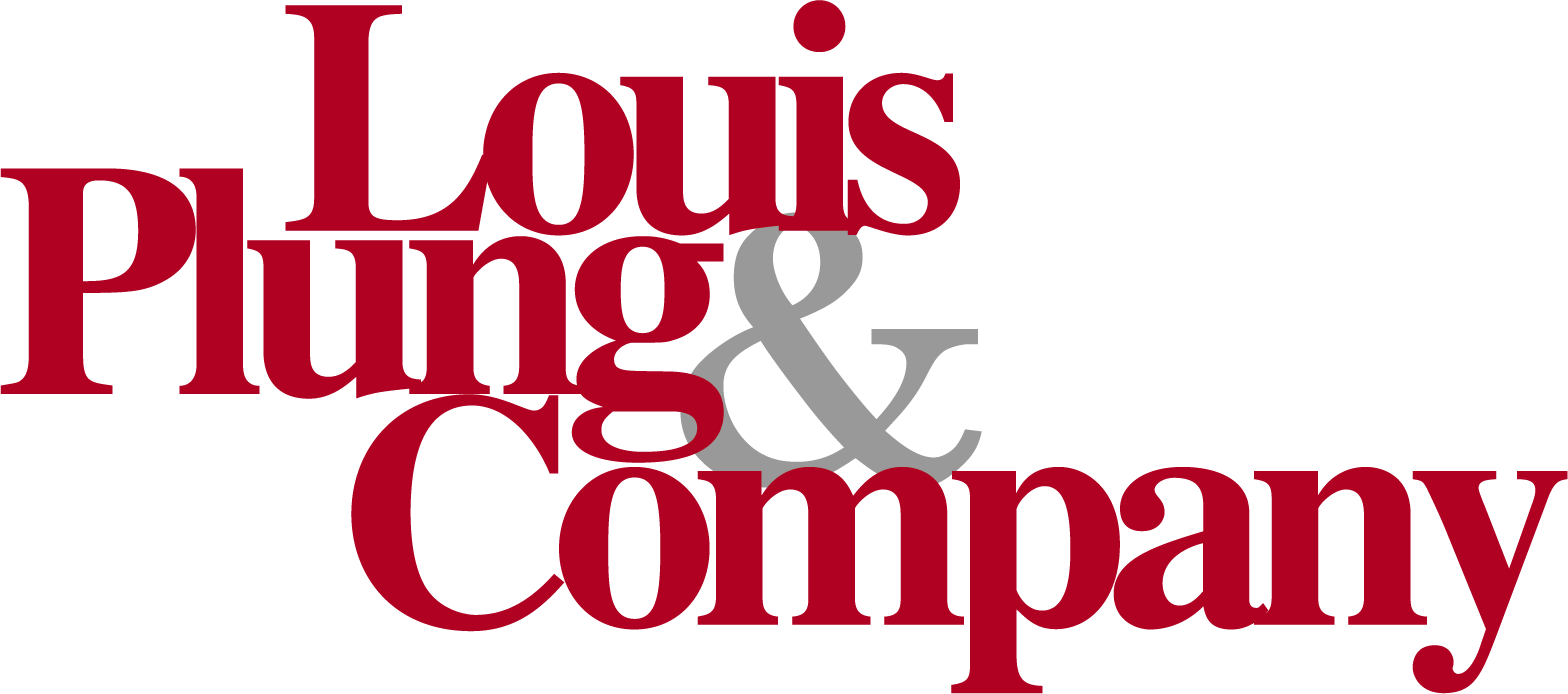Three Exit Planning Strategies For Closely Held Companies

What can closely-held companies do to ensure a seamless transition that will maximize wealth and ensure the longevity of the business?
Whether the goal is to transition to the next generation or sell to an independent third party, it’s important to have an accurate value of the business. Start by reviewing all contracts, leases, obligations, possible environmental liabilities, and other contractual obligations with the company’s attorney to understand any positive or negative impact on the overall value of the business. Additionally, the business’ operations/profitability, management, prospects for future growth, market penetration, and likelihood of expansion must be critically examined. These are all factors that directly affect the taxable value of a generational transfer, or the amount a potential buyer is willing to pay for the business.
A consultant who is experienced in valuing businesses will quantify the benefits or costs of the arrangements and analyze the results of historical, current, and future projected operations and cash flows of the business. The consultant will also assess various other factors such as market conditions to determine their effect on the business’ overall value. Using a variety of valuation methods and approaches, the consultant will render an opinion of value for the business.
The key to a smooth and successful transition or sale is planning. Without advanced planning an owner may die or become disabled prior to initiating a transition plan or sale, which could result in devastating consequences to business operations and business value. An unexpected death may also generate costly estate tax issues without proper planning. When choosing the right plan for a particular owner, it is vital to understand the ultimate goals of the owner, the dynamics of the business, the management of the business, and whether or not a transition or third party sale would achieve the best overall result. Every situation is different, and there are a variety of options that can be considered.
Some of the options are:
1) Gift stock/ownership interests prior to death
Multiple vehicles such as Family Limited Partnerships and certain types of Trusts can be used to facilitate gifts to the next generation. Obtaining a proper valuation report is critical in supporting the claimed fair market value of the gift for estate and gift tax purposes. In some situations, some of the children may not be involved in the business, and the owner may decide to gift the business to only the children that are involved. In these situations, many owners will equalize the children’s inheritance by gifting other assets, or will distribute life insurance proceeds to the non-participating children.
Additionally, we can assist professional services clients in selecting and training internal accounting staff, consulting on complex tax matters such as buying or selling the business, and we are always on hand to provide guidance on new and changing tax regulations.
2) Establishing an Employee Stock Ownership Program (ESOP)
ESOP’s are not right for every company, but do have attractive benefits. Essentially, the ESOP – which is owned by the employees – purchases some or all of the owner’s stock. This structure allows the owner to liquidate some or all of his investment in the business while providing retirement benefits to the employees. Under certain circumstances, there is no gain recognized on the sale of business stock to an ESOP, and the owner may be able to defer capital gains on the sale. The business may also be organized as a flow-through entity. In these situations, earnings generated by the business are tax- free to the ESOP.
However, structuring an ESOP is complicated. Prior to setting up an ESOP, a feasibility study should be performed to determine if this type of structure is right for the particular business and its owners. Also, the company will need a valuation consultant to render an opinion of value of the company. Recently, the Department of Labor has been cracking down on companies that report inflated valuations. The owner/ company must take care that the purchase price to the ESOP is truly fair market value.
3) Sell to a non-family third party
In many cases, the best overall result will be to sell the company to an independent third party – especially when other family members are unable or unwilling to take over the business. The sale can be structured as an asset or stock sale, each having very different tax consequences. It is important for the owner to work collaboratively with the business’ accountants, attorneys and investment bankers in order to determine the economic, tax and legal consequences of any sale transaction under consideration.
The potential buyer will perform thorough due diligence prior to closing any sale transaction. The due diligence procedures will closely scrutinize all aspects of the business, which will include the company’s financial results of operations, accounting methods, tax positions, customer base, service lines, management structure, competitors, and legal and environmental liabilities or exposure. The owner must prepare in advance for due diligence as potential issues discovered in due diligence may put an end to the transaction.
A good rule of thumb is to start the succession/exit planning process at least three to five years from the time the owner expects to exit the business. This amount of time is necessary to build value in the business, correct any inefficiencies, and ensure a seamless transition to the next generation of owners – whether they are family members, employees, or an independent third party.




